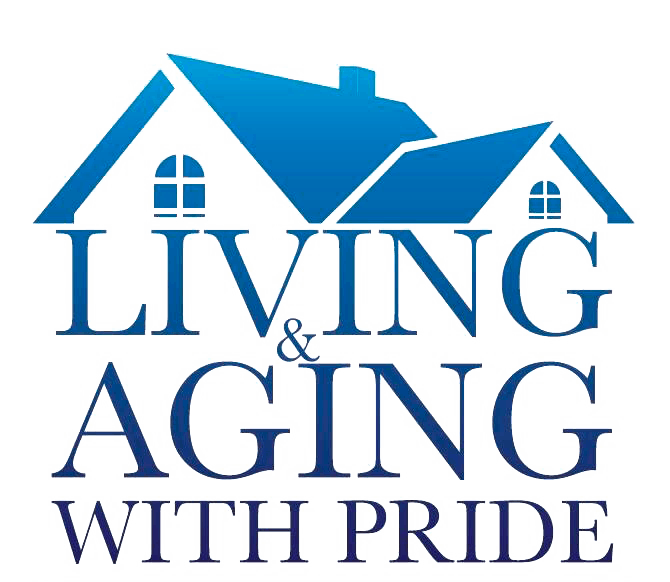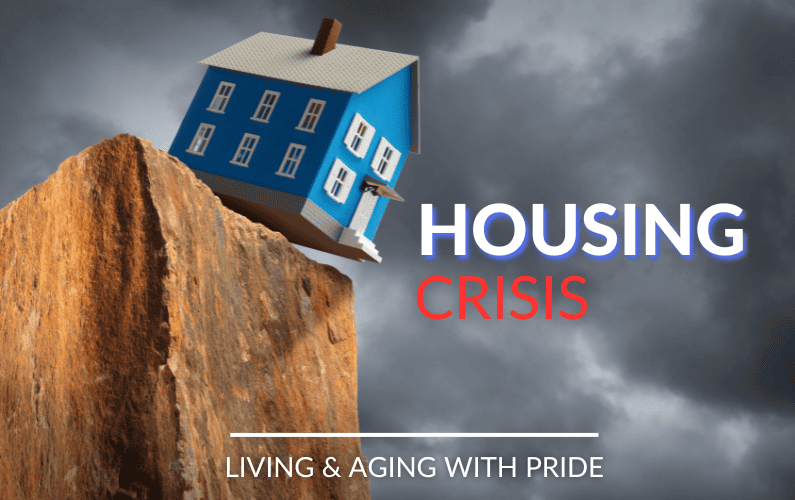The U.S. housing bubble and the subsequent Great Recession, followed by today’s tighter credit market, have significantly affected seniors in various ways, and these remain current issues:
Impact of the Housing Bubble and Great Recession on Seniors:
- Loss of Home Equity and Wealth: Many seniors who owned homes during the bubble saw their property values plummet during the recession. For those who had taken out second mortgages or home equity lines of credit (HELOCs) based on inflated values, this resulted in significant financial losses and increased debt burdens.
- Foreclosures: Some seniors, particularly those with adjustable-rate mortgages or those who lost income during the recession, faced foreclosure and the trauma of losing their homes in their later years.
- Retirement Savings Impact: The financial crisis severely impacted investment portfolios, including retirement accounts held by seniors. This led to reduced retirement savings and increased financial insecurity for many.
- Difficulty Selling Homes: Seniors looking to downsize or move closer to family found it difficult to sell their homes at a reasonable price in the aftermath of the housing market collapse.
- Increased Cost Burden: Even seniors who retained their homes faced rising property taxes and insurance costs, squeezing fixed incomes.
Current Issues Affecting Seniors and Their Mortgages Due to Tight Credit:
- Difficulty Obtaining New Mortgages or Refinancing: Today’s tighter credit standards make it harder for seniors to obtain new mortgages, even if they have a good credit history. Lenders may be hesitant to approve loans for those with limited or fixed incomes, or for longer-term mortgages for older applicants, even though age-based discrimination is illegal.
- Challenges for Those on Fixed Incomes: Seniors often live on fixed incomes from Social Security, pensions, and retirement savings. Stricter loan requirements, such as lower debt-to-income ratios, can be difficult to meet with these income sources, even if they have sufficient assets.
- Impact on Home Equity: While tighter lending aims to prevent another bubble, it can also limit seniors’ ability to access their home equity through refinancing or HELOCs for necessary home repairs, healthcare expenses, or other needs.
- “Aging in Place” Challenges: Many seniors prefer to age in their own homes. However, if they need to modify their homes for accessibility (e.g., ramps, grab bars), tighter credit can make it difficult to secure the necessary financing.
- Reverse Mortgage Complexities: While reverse mortgages (Home Equity Conversion Mortgages – HECMs) are designed for seniors to access home equity, they have complexities, high closing costs, and risks of foreclosure if borrowers fail to meet certain obligations like paying property taxes and homeowners insurance. The tighter credit environment hasn’t necessarily made these easier to navigate.
- Increased Mortgage Debt in Retirement: Interestingly, the share of homeowners aged 75 and older with a mortgage has nearly tripled since 1998, and the median amount of mortgage debt for this group has also significantly increased. This means more seniors are carrying mortgage debt into retirement, making them potentially more vulnerable to financial strain in a tight credit environment.
- Cost Burden for Existing Mortgages: Even with existing mortgages, rising costs of living, including property taxes and insurance, can make it challenging for seniors on fixed incomes to manage their monthly payments, especially if they cannot refinance to lower their payments due to tighter credit.
In summary, the legacy of the housing bubble and the currently tight credit market both pose significant challenges for seniors and their mortgages. The former led to wealth losses and housing insecurity for some, while the latter restricts access to credit for new purchases, refinancing, and accessing home equity, impacting their ability to manage finances, age in place, and maintain financial stability in retirement
-L&AWP





